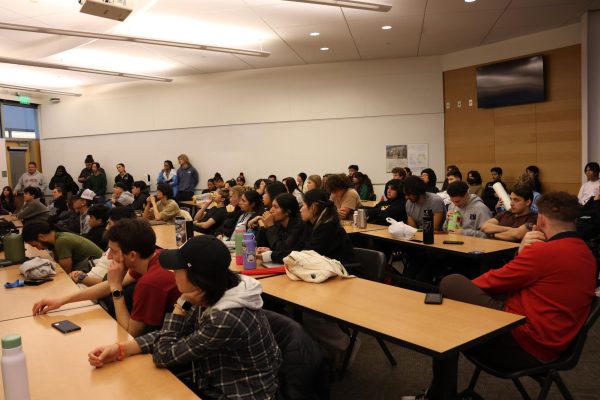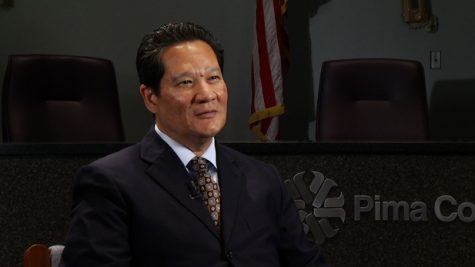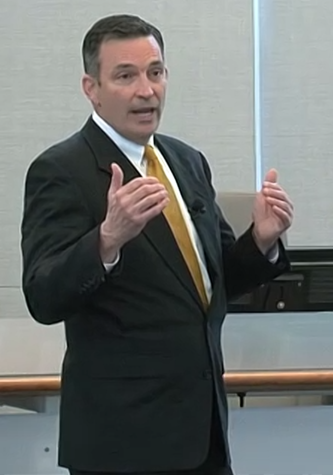Foothill-De Anza district joins California community colleges in lawsuit against CARES Act restrictions
The Foothill-De Anza district joined the California Community College Chancellor’s Office in a lawsuit against the CARES Act after the federal Department of Education changed the eligibility requirements around April 21.
The Coronavirus Aid, Relief and Economic Security Act, which was signed into law on March 27, was designed to provide relief to college students throughout the U.S. in response to the COVID-19 pandemic.
The eligibility requirements exclude vulnerable populations of community college students such as Deferred Action for Childhood Arrivals recipients, veterans, students without a GED certificate, as well as dual-enrolled high school students.
“We are very disappointed that the current interpretation excludes populations of our student body that we believe should be helped,” said Judy Miner, chancellor. “We want to have a return to the interpretation of the original language of the action.”
The district joins the Los Angeles, Los Rios, State Center and San Diego California community college districts in challenging the restrictions placed on community colleges by the Act intended to provide relief to students during the pandemic.
For De Anza College, this means that over 1,300 AB 540 students enrolled this quarter, as well as over 60 dual-enrolled and 70 veterans students, would be left without access, according to the De Anza College Census Enrollment Comparisons Report for spring quarter 2020.
“We will do everything that we can to use funds from our foundation in order to help them out, but it greatly limits the amount of funding that we have available for all students. We definitely want to be able to access those funds,” said Miner.
Though a lot of aid has been deferred to the local level from the federal government, community colleges have lost latitude in making decisions for their most vulnerable students.
“I was shocked because we felt that with the open language and the ability for local districts to use their discretion as to where the need was greatest was exactly the way the funds should have been distributed,” said Miner. “To have that taken away from us and to again further burden the most vulnerable of our students, just, it is not right.”
De Anza is prevented from using the money to assist students who have not filed for financial aid, leaving funds sitting in a reserve.
“COVID doesn’t know international boundaries or whatever other kinds of eligibility might be there that is independent of need, and I think we need to stand for that,” said Miner.
At this time, the chancellor is unaware of how long the case will last or when or if it will go to trial.
Currently, the district is encouraging students to apply for emergency aid through the college.

As editor-in-chief, I hope to produce content that I am proud of and holds a meaningful impact not only to our staff, but to the community as a whole....

Kathleen started at La Voz in Fall 2019 as a staff reporter. She has written articles on a variety of topics for the school with a focus on Campus Beat...








